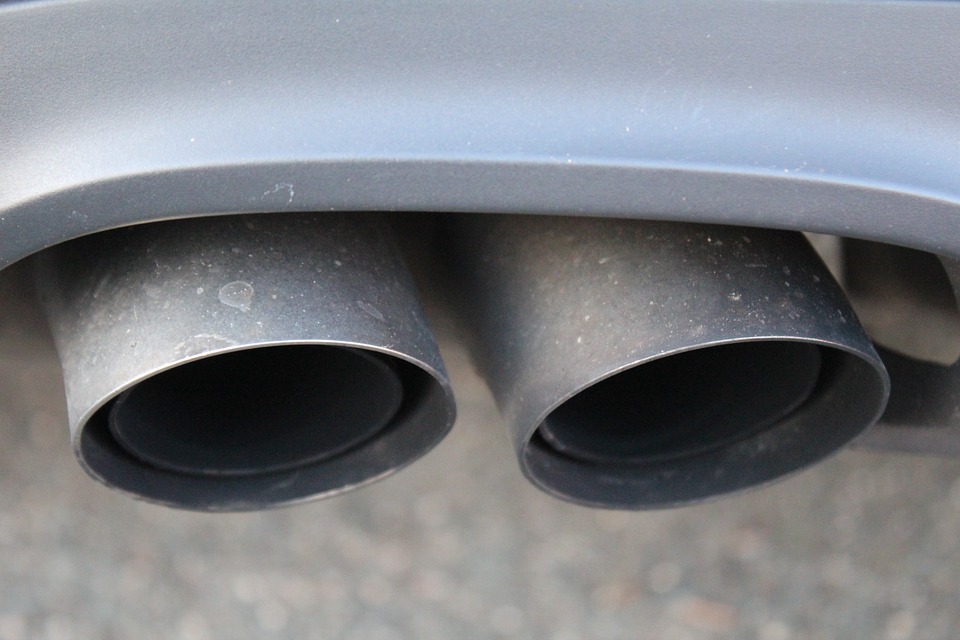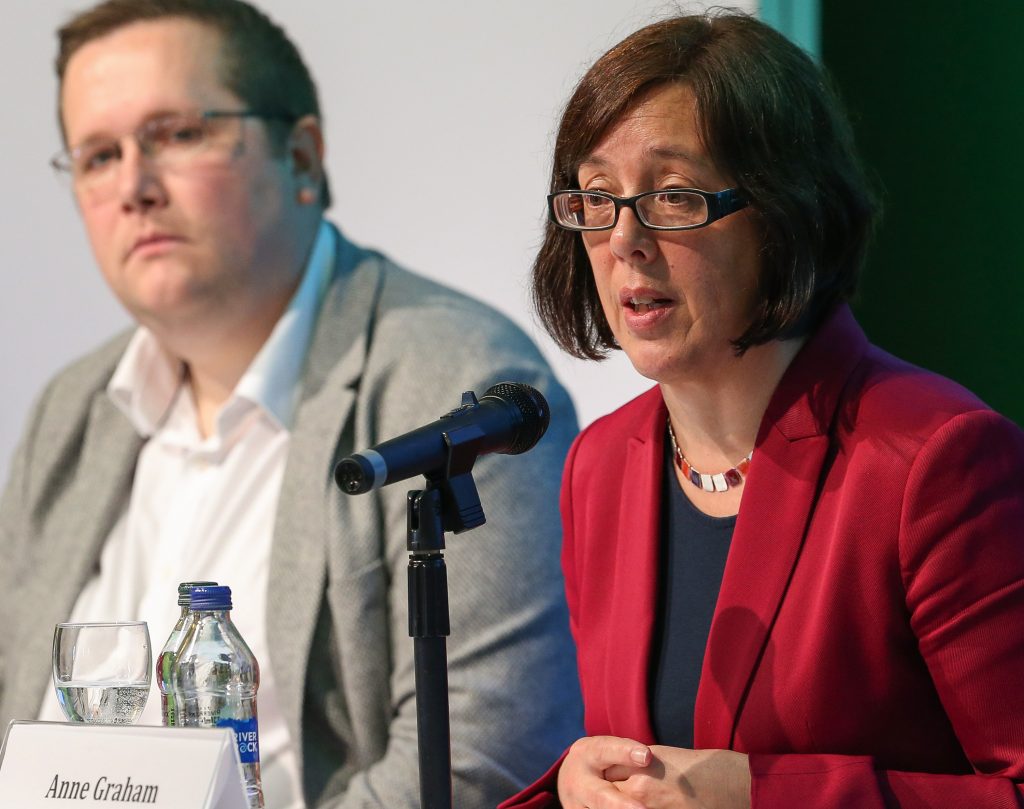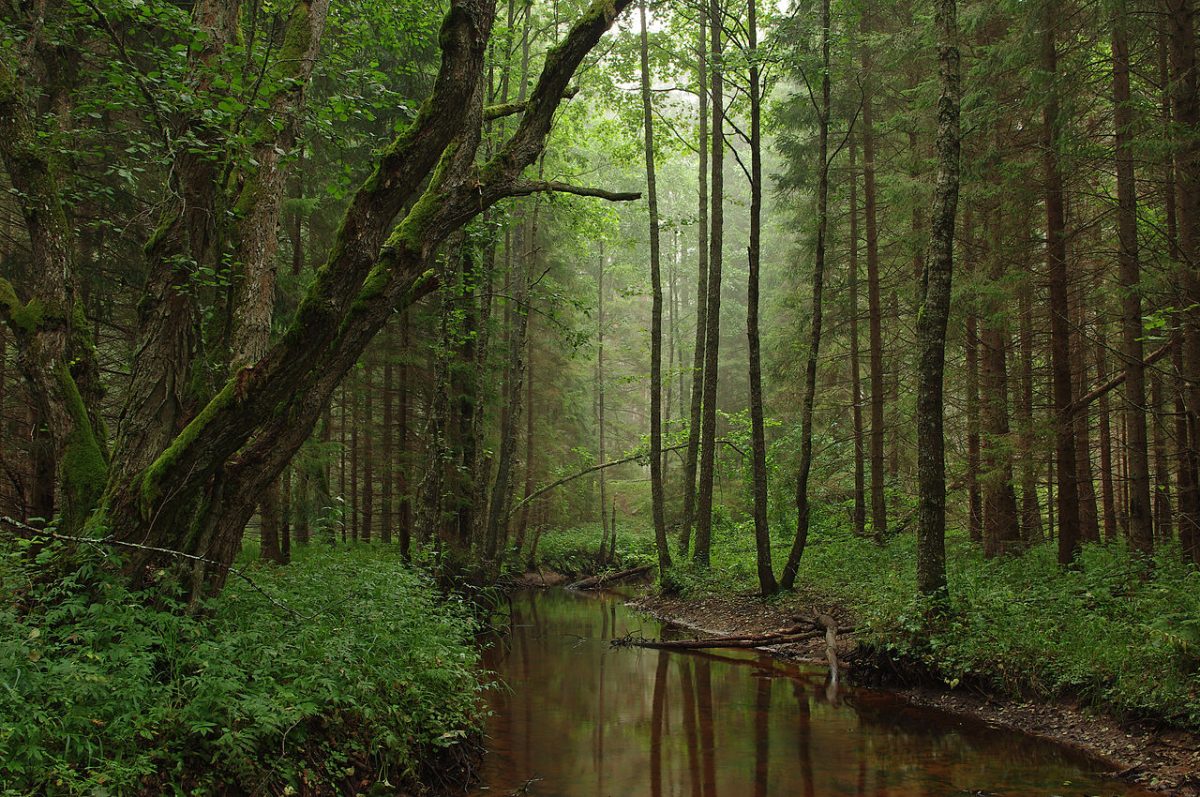Citizens’ Assembly: Complete overhaul of transport sector vital to low-carbon future

Novermber 4th, 2017
A complete transformation of the Irish transport sector is vital to ensure a smooth transition to a low-carbon, climate resilient society, the Citizens’ Assembly heard this morning.
Sitting for the second weekend on the topic of how the Irish State can lead in tackling climate change, the Assembly heard from transport experts at the weekend’s opening session.
The Assembly was established in 2016 and is comprised of 99 randomly selected Irish citizens who consult and make recommendations to Government on key issues in Irish society.
Opening the event, Assembly Chairperson, Supreme Court Judge Mary Laffoy stressed the timeliness of the discussion three weeks after storm Ophelia placed “the consequences of climate change on our doorsteps”.
“It brought into sharp focus much of the material we considered at the last weekend,” she said, adding that we must “meaningfully address” how we can reduce our emissions in transport and agriculture.

Exhaust Gases Car Exhaust Fumes Grey Exhaust Auto Photo: Max Pixel
Transport
The transport sector accounts for 21 per cent of greenhouse gas emissions in Ireland, with cars accounting for over half of total transport emissions.
According to the EPA, transport emissions are set to grow by 10 to 12 per cent above 2015 levels by 2020 primarily as a result of economic growth and the knock-on demand for transport.
The number of cars on Irish roads is predicted to increase from 2 million in 2016 to over 3 million in 2050 in line with the economic recovery.
Trinity College Dublin Professor Brian Caulfield told the Assembly that this projected increase makes it “crucial” to create low carbon transport options as soon as possible.
He pointed to an overhaul of how we fuel our transport through the electrification of our vehicles and use of bio-fuels, especially in rural areas where public transport options are currently limited.
He said, however, the key shift needs to be a reduction in our reliance on private vehicles toward a low carbon transport model in which walking and cycling are the main modes of transport.
Several barriers to this transition exist, he said, such as a growing and dispersed population, legacy issues of poor planning and a public transport “infrastructural deficit”.

Anne Graham (R), CEO National Transport Authority, with Dr. Brian Caulfield (L), TCD, Photo: MAXWELL’S
Investment Barrier
While the level of investment required is a major “barrier” to overhauling our transport structure, Prof Caulfield said that a low carbon transport model will have “significant wider economic benefits”.
“The main economic benefits typically estimated from improved transport systems relate to travel time-savings, emission reductions, decreased accidents and health benefits,” he added.
CEO of the National Transport Authority, Anne Graham, also told the Assembly that we need a complete transformation of our transport sector “notwithstanding the context of a recovering economy”.
Ms Graham said that a “significant step-change in attitudes and behaviours” from both policy makers and the public are vital in the transition to a climate-resilient and environmentally sustainable transport sector.
She added that public transport, walking and cycling needs to be at the “forefront of our thinking as part of the solution to tackle our reliance on fossil fuels” and bring down emissions.

Dublin Bikes Photo: ptrabattoni
Ms Graham said that key to this is the use of the Avoid-Shift-Improve model. This includes the reduction or avoidance of travel, a shift to more environmentally friendly modes of transport and an improvement in the energy efficiency of our vehicles greater investment.
She said that over €350m is being invested in public and sustainable transport in 2017, with additional funding for the operation of rural services. An additional €750m will be made available to fund the BusConnect programme to transform bus services in cities across the country.
“Collectively, these measures will greatly enhance the capacity of the public transport system and will provide viable alternatives to private car use,” Ms Graham said.
She added, however, that before investing in new infrastructure, the State has to maintain our current national and regional road networks which will cost in excess of €1 billion.
Environmental Journalist, John Gibbons told The Green News that he would instead prefer to hear more about actions to reduce transport emissions in the short-term as opposed to maintaining the road transport network.
“Rather than reducing, these emissions are currently rising sharply, and only radical top-down policies can impact that,” he added.

Joseph Curtin IIEA Citizens Assembly Photo: Niall Sargent
First weekend Comments
During its first sitting on climate change, the Assembly heard from policy, climate and weather forecasting experts on the current and potential impacts of climate change.
The analysis was clear that Ireland is failing to implement lasting policy change, will miss its binding 2020 emissions reduction targets, and is in line to experience more extreme weather events by mid-century.
Joseph Curtin of the Institute of International and European Affairs told the Assembly that the Irish State has “not stepped up to the plate” at any point over the past 15 years to put robust policy in place to deal with climate change.
EPA Director Laura Burke echoed Mr Curtin’s findings, telling the Assembly that Ireland’s emissions are “going in the wrong direction”, while Met Éireann’s Dr Saji Varghese said that Ireland must brace itself for significant changes in its weather system by 2050.
Afternoon Sessions and Recommendations
Later this afternoon, the Assembly will hear from international experts on how their countries have acted to tackle climate change and expects on agricultural emissions.
Tomorrow, the Assembly members will discuss and vote on recommendations for Government. The Government must then provide a response to each recommendation.
If the Government accepts a recommendation, it will provide a time frame for the holding of any related referendum.
[x_author title=”About the Author”]







